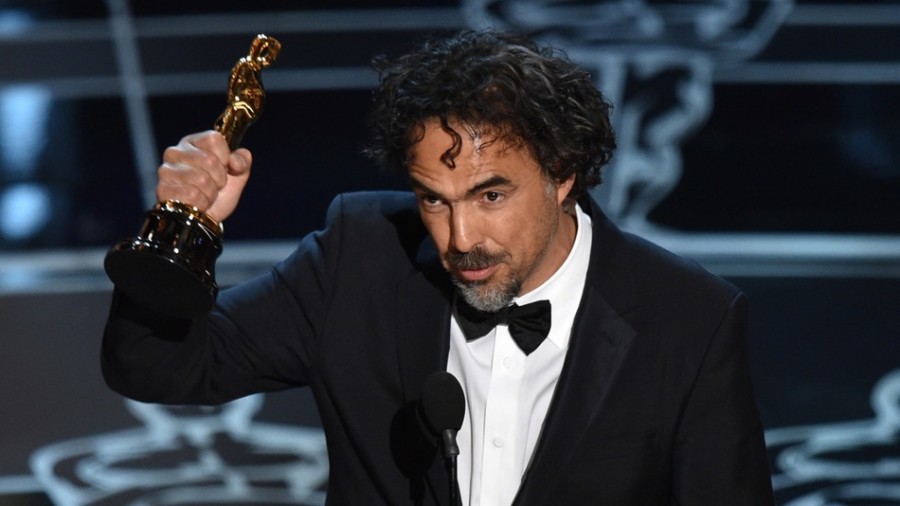Lupe Ontiveros in The Goonies, Quinton Aaron in The Blind Side, Pedro in Napoleon Dynamite and Mickey Rooney in Breakfast at Tiffany’s all depict the misrepresentation and disregard for minorities in the media.
Ontiveros is better known for her role as villain Yolanda Saldivar in 1997’s Selena, but her legacy includes playing a maid 150 times in movies such as The Goonies, As Good As It Gets, and the sitcom Reba.
It is not uncommon to see a woman or man of color play the role of the help in many of Hollywood’s blockbusters.
Likewise, minorities are typecast as “ones who need to be saved” in what is now known as the white savior complex.
We see this best depicted in films such as The Blind Side, where a troubled teen by the name of Michael Oher is saved from his conflicting life situation by Sandra Bullock’s character, a wealthy white woman.
Pedro Sanchez, a Ciudad Juarez student transfer, becomes Napoleon Dynamite’s sidekick in MTV’s Napoleon Dynamite.
In what perhaps is one of the most offensive movie roles, Mickey Rooney depicts Mr. Yunioshi in Breakfast at Tiffany’s, skipping the casting of a Japanese actor altogether.
The misrepresentation and lack of representation of minorities in the media sends a damaging message that is hard to unlearn.
The persistent typecasts go hand in hand with the growing stereotypes prevalent in today’s society.
In what is already a struggle for minorities in the media, it is especially frustrating to see entertainers in a privileged position add to the voices of dissent, even if it is a joke.
In what was a win for minorities, Alejandro Iñarritu received the Oscar for best picture in February.
What followed attempted to take away from a moment well deserved.
Sean Penn’s “Who gave this [expletive] his green card” joke at the Oscar’s struck a chord amongst immigration reform sympathizers, opening up a conversation about xenophobia.
Similarly, Donald Trump, who said, “It was a good night for Mexico, as usual,” thought Iñarritu’s multiple wins were ridiculous.
Trump’s comments are an example of unchecked privilege.
We exist in a world of hierarchies, and it is important to stop and recognize one’s own role in society and the position of privilege we may or may not occupy in a given situation.
When we’re in such a position it is easy to want more and share less.
It is unfair that some of us have to try harder than others to accomplish our dreams and when we do, it is surrounded by awe and controversy.
The world is full of different people, people who share the same blood, the same passion, but may stand divided by borders, language barriers and socio-economic disadvantages.
Their plight is not made easier when they are typecast and reduced to harsh and unfunny stereotypes.
As Chimamanda Ngozi Adichie said, “The single story creates stereotypes and the problem with stereotypes is not that they are untrue, but that they are incomplete. They make one story become the only story.”










